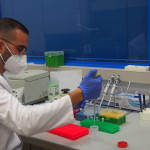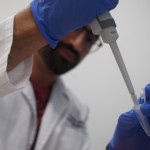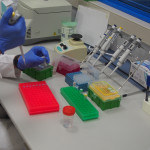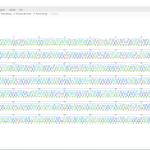Marine molecular biology analysis
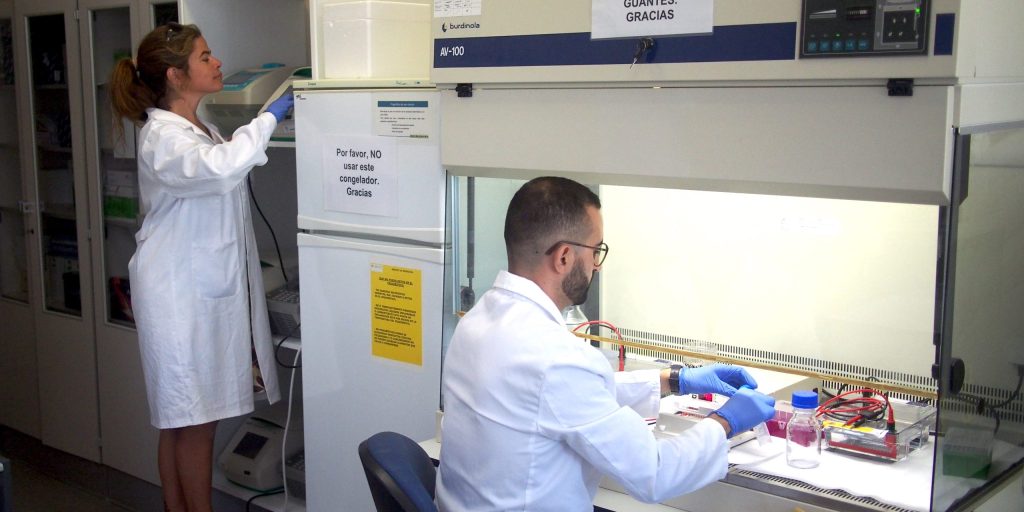
The marine molecular biology analysis service offers the analysis of various parameters, including the preparation of samples for other more specific analyses. This service offers the following types of analysis.
- DNA extraction.
- Amplification and electrophoresis.
- Sequencing.
- Sequence editing and barcoding.
- Publication of sequences in GB.
- Analysis of DNA concentration in Qubit.
- Purification.
- Optimization of PCR conditions by gradient.
- Design of specific primers.
- Synthesis of primers.
Depends on your convenience, you can request the entire process or one of the steps.
Barcoding. Identification of animal species is usually carried out by amplification, sequencing and analysis of the DNA sequence corresponding to the cytochrome oxidase 1 (COI) gene. In the identification of plant and algae species, different regions of the rcbl gene encoding the large subunit of the enzyme Ribulose-1,5-Bisphosphate Carboxylase/Oxygenase (RuBisCO) are usually amplified, depending on the case. In the event that it is required to amplify other regions of the genome (or other genes), the sequence of the primers you wish to use must be specified, or failing that, the type of study you wish to perform.
Preparation and preservation of samples for shipment:
- Animal tissue. Samples should be preserved in 96-100% absolute ethanol.
- Microalgae. Samples should be preserved in 700 µl PBS (Phosphate-Buffered Saline).
- Macroalgae. Samples should be dehydrated (lyophilized) and preserved in silica gel.
Service location: INMAR laboratory no. 5 (INMAR/IVAGRO Research Institute Building, ground floor. Puerto Real University Campus, University of Cádiz).
To request the service, click on the following link: marine molecular biology analysis service request
External users must register at the following link: CAU INMAR registration
For more information, please contact the research staff: analisis.inmar@uca.es
The equipment associated with this service has been financed by:



